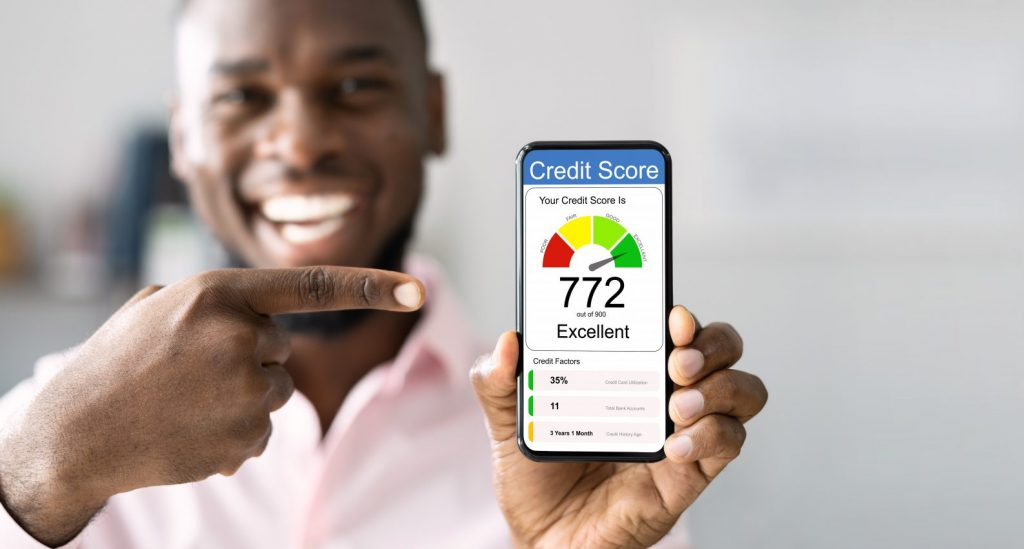One of the most important things you can do when managing your finances is to always pay your credit card bill. But when is the best time to make a payment? The answer may surprise you.
Always Pay On Time
First and foremost, make sure that you never miss a payment and always pay on time. Late payments can significantly hurt your credit score and result in late fees.
The due date will always be listed on your statement, or you can find it by logging into your account and reviewing your terms. Credit card companies typically give you a grace period of 21 days from the closing date of each billing cycle before charging interest on any unpaid balance.
While paying off your credit card in full may be beneficial for your budget, it can end up hurting your credit utilization rate, which makes up 30% of your credit score. This ratio is determined by dividing your total credit card balances by your total available credit limit.
Generally, the lower the utilization rate, the better it is for your score. That said, simply having a 0% utilization rate won’t automatically make your credit score skyrocket. In fact, not having a balance on any of your cards at all could negatively impact your score. Aim for a utilization of under 10% and never exceed 30%.

Pay Your Credit Card Bill Early
Your payment history, utilization and other account information are reported to the credit bureaus only once a month on a date defined by your issuer. This means that if you pay off your balance later in the month, yet your issuer has already reported a high utilization ratio, your credit score may still take a hit, even if you have no outstanding debt at the time.
To stay ahead of this problem, try to make payments early. This way, you can rest assured that you’re being reported accurately and have nothing to worry about regarding your credit score.
What’s comforting is that credit utilization has no “memory,” meaning that if it goes up one month but back down again shortly after, it shouldn’t have any lasting impacts on your overall credit score. So while staying alert and making timely payments is critical when protecting your credit health, one slip-up won’t damage you forever.

Consider Making Multiple Payments
Making multiple payments throughout the month can be an intelligent way to manage your credit card and also protect your credit score.
Regularly making smaller payments rather than one sizeable monthly withdrawal helps minimize the impact on your checking account balance and any interest accrual.
Additionally, having a lower credit utilization ratio — reporting less of your available credit used in each monthly statement — could help boost your credit score.
Finally, regularly scheduled payments can help you avoid costly late fees and even a dip in your credit score if you accidentally miss a payment due date.
This story originally appeared on Don't Waste Your Money. Checkout Don't Waste Your Money for product reviews and other great ideas to save and make money.


